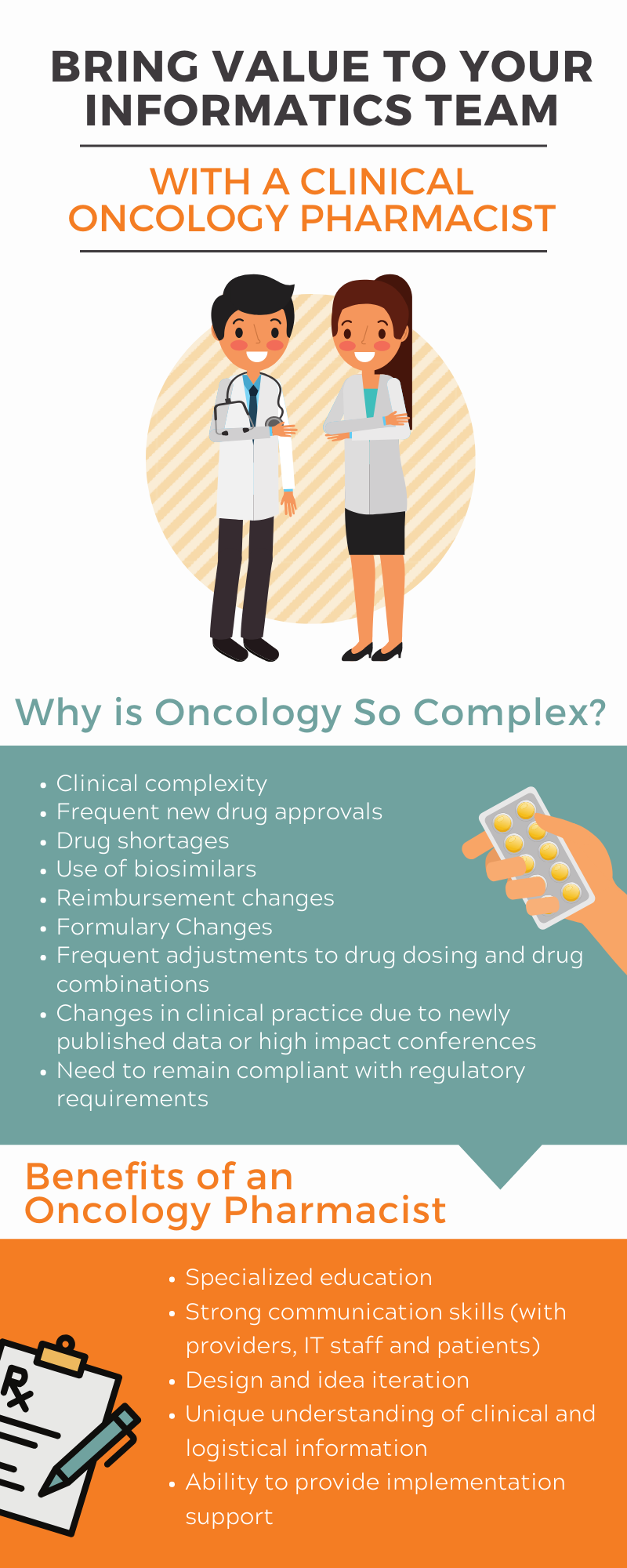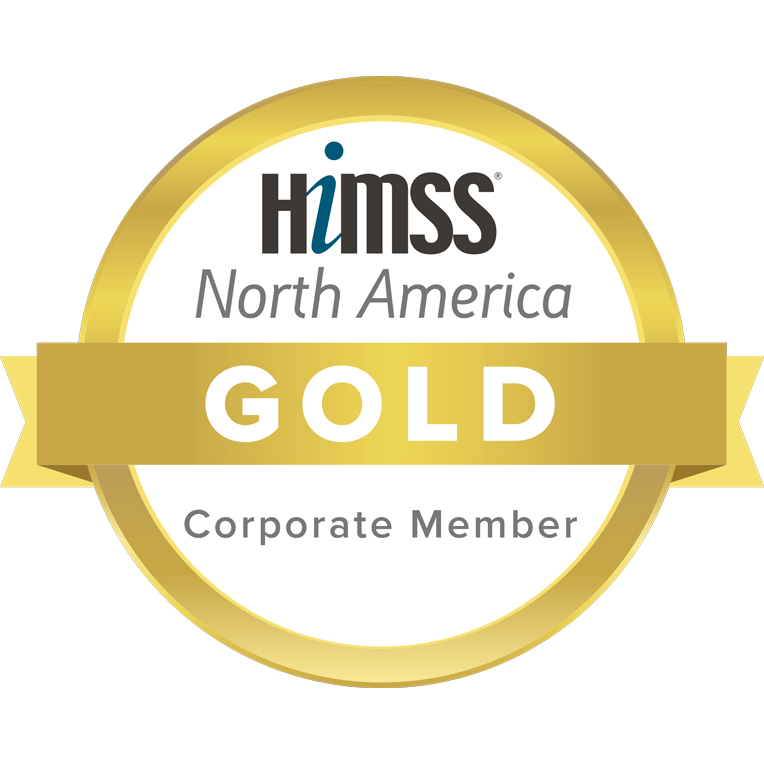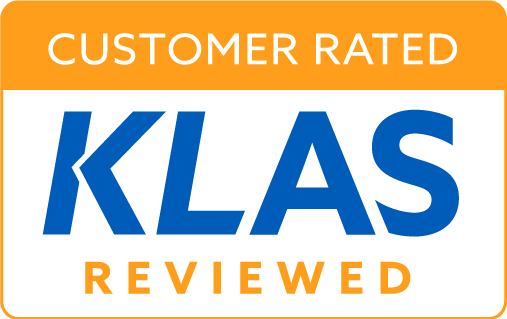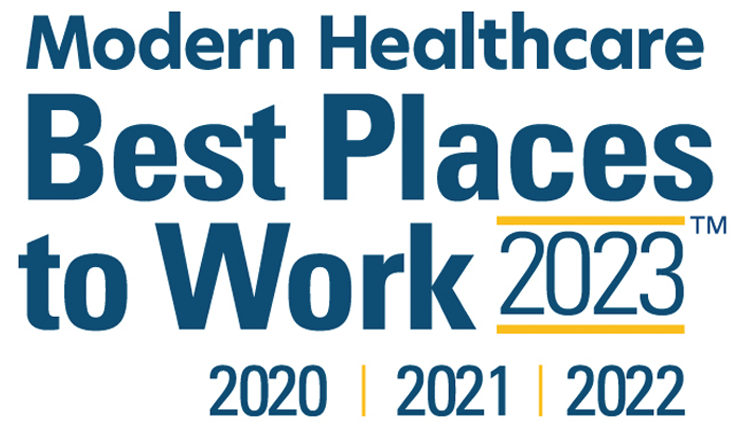A Clinical Oncology Pharmacist: An Integral Member of Your Informatics Team
By Kelley Carlstrom |Oncology is a complex specialty that presents unique challenges for any healthcare system. Institutions treating cancer patients have multiple teams contributing to patient care. Among them, two teams are critical to the success of any oncology program:
- specialized clinicians, including physicians, advanced practice professionals, pharmacists and nurses to manage care delivery
- a technical team to manage the electronic infrastructure
While these teams typically have very different backgrounds, skillsets, communication styles and day-to-day responsibilities, they share a singular priority: quality patient care. To achieve this goal, these teams must work together to develop robust technical solutions to support clinical practice workflows and deliver the safest and highest quality patient care possible.
The ability to effectively communicate requirements, expectations, limitations and resolutions to both teams is paramount. With such different perspectives, the teams often don’t speak the same “language,” necessitating a translator who can ensure information shared by each team is well understood by the other. This clinical liaison – who has both a clear grasp of clinical requirements as well as a deep understanding of technology – enables the functional flow and prioritization of information. A clinically trained oncology pharmacist is well-suited to serving this critical function, driving the successful implementation of healthcare technology platforms.
There is tremendous value in leveraging specialty trained pharmacists.
A clinical oncology pharmacist can be the “glue” that binds the teams together and creates a more efficient and effective environment. Because of the complexity of clinical practice and medications, there is great value in having an experienced oncology drug expert in the mix. Not only are there rapid new drug approvals in oncology compared to other specialty areas, there are also frequent changes to drug dosing and drug combinations, either through FDA approvals or publication of clinical trials. A pharmacist is of particular utility in this setting as they often see drug errors and near misses first and know what challenges are common with Computerized Physician Order Entry (CPOE) and the drug use process.
Having a dedicated oncology pharmacist can relieve pressure from clinicians by being the front-line resource for the technical team to go to with questions.
5 ways clinical oncology pharmacists bring value to your informatics team
- Education
Pharmacists are extensively trained clinicians with a wide breadth of knowledge in all areas of healthcare but are particularly focused on medication utilization. Despite their terminal degree, pharmacists may also complete post-graduate residency training to further develop clinical and operational skills in specialty areas, such as oncology. They are skilled at communicating complex medical information to the layperson and therefore are perfectly positioned to provide educational background knowledge to informatics teams to help them understand the bigger picture; this is particularly helpful in niche oncology areas like bone marrow transplant.
- Communication
Clinicians and informaticists speak different languages. An effective technical design hinges on understanding clinician needs and system capabilities. The ability to ask the right questions at the right time is a valuable skill that improves the efficiency of the build process. A clinical oncology pharmacist is well versed in both areas and can act as an interpreter to fill knowledge gaps of each group.
- Design and idea iteration
Burnout among physicians and other clinicians is being widely reported and system problems, including electronic health record (EHR) design, can be one contributing factor. The importance of taking time to iterate and perfect user interfaces and workflow cannot be overstated. Clinicians think differently than informaticists and need assurance that the final product will fit their needs and not cause undue burden in their workflow. They need to know “the bigger picture” is top of mind. Having an experienced oncology pharmacist involved in the design process can contribute to improved clinician confidence and result in a successful implementation.
- Clinical and logistic information
Consider when a new drug is FDA-approved, and a request is made to build an order set in the EHR to treat an upcoming patient. There are many clinical questions that need to be addressed and end-users often have limited availability. A clinical oncology pharmacist can increase the efficiency of the team by answering clinical questions about the treatment plan, such as drug dosing, required treatment parameters, and drugs to prevent common toxicities, as well as logistical questions such as those related to regulatory compliance, the drug preparation process and infusion scheduling.
- Implementation support
Clinical oncology pharmacists can work with training teams to fully support implementation. With their background knowledge, communication skills, and involvement in the design process, they can be another source of at-the-elbow support and can close the loop between functionality and workflow for maximal clinician understanding.
Whether you are implementing a new EHR in your cancer center or performing routine maintenance, an experienced oncology pharmacist can be the translator between your informatics and clinical teams. These clinical professionals can help your informatics team answer the medical and logistical questions before final validation with your clinicians, dramatically improving the efficiency of both teams.

 More about the author:
More about the author:
Kelley D. Carlstrom received her Doctor of Pharmacy degree in 2010 and completed 2 years of post-graduate training, including one year in oncology at Dana-Farber Cancer Institute. She has clinical practice experience as an oncology pharmacist in medical oncology and bone marrow transplant and is board certified in oncology. She has extensive teaching experience ranging from didactic lectures in pharmacy and medical schools to national presentations. Kelley is passionate about communicating the value of oncology pharmacists, particularly in the informatics space. She has excelled in a clinical liaison role for a long-term oncology EHR implementation in a role she describes as a translator – bridging the communication gap between the informatics team and the clinical end-users to achieve the best results.
Interested in more information?
Contact Kelley to speak further.


